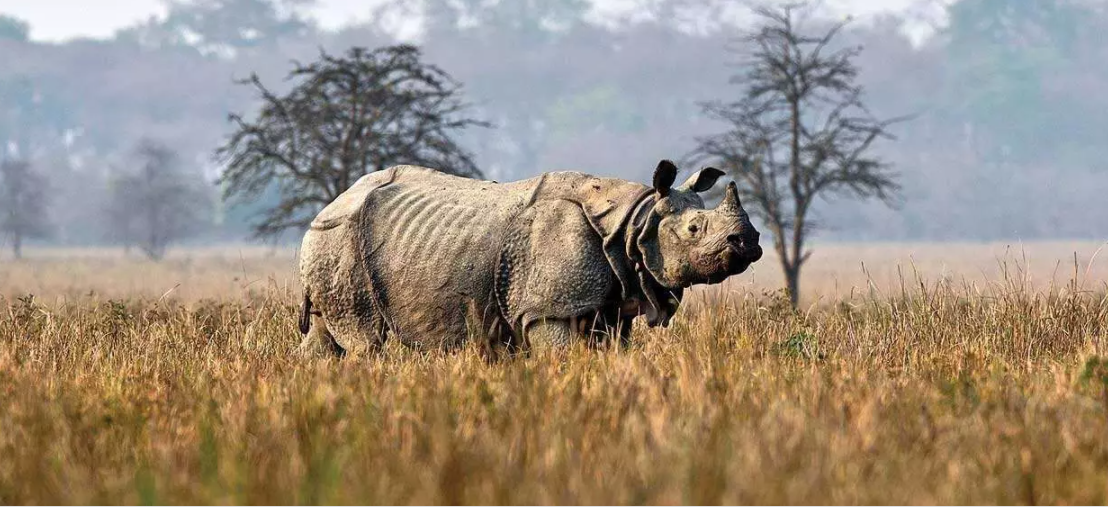Now, the best-managed protected areas in the country will be ranked and awarded every year. This announcement was made by the Union Minister of Environment, Forest and Climate Change, Prakash Javadekar while releasing the Management Effectiveness Evaluation (MEE) of 146 National Park and wildlife sanctuaries in the country. This information was shared in a press release by the Ministry of Environment, Forest and Climate Change.
Currently, India comprises around 903 protected areas that covers around 5% of the total geographic area of the country. To ensure that these protected areas are well-supervised with adequate measures, evaluation of management effectiveness is required. In the press release, Javadekar hailed India’s achievement for its thriving biodiversity. He said “70% of the global tiger population, 70% of Asiatic lions and more than 60% of leopards population in India is a certificate of India’s thriving biodiversity, as these big cats sit at the top of the food chain and their growing numbers show the well being of the whole ecosystem.”
He also announced that from this year, 10 best National Parks, 5 coastal and Marine parks and the top five zoos in the country will be ranked and awarded every year. Management Effectiveness Evaluation (MEE) of Protected Areas (PAs) has been instrumental to understand the strengths and weakness of the protected area management system and used widely by governments and international bodies. The results of the present assessment state that the overall mean MEE score of 62.01% is higher than the global mean of 56%.
With this evaluation, the Ministry of Environment, Forest and Climate Change(MoEFCC) completed one full cycle of evaluating all terrestrial National Parks and Wildlife Sanctuaries of the country from 2006 to 2019. The Environment Minister also launched the Management Effectiveness Evaluation of Indian Zoos (MEE-ZOO) framework which proposes guidelines, criteria and indicators for the evaluation of zoos of the country through the Management Effectiveness Evaluation Process (MEE-ZOO).
The assessment criteria and indicators look beyond the traditional concepts and it comprises issues of animal welfare, husbandry and sustainability of resources and finance. The MEE-ZOO exercise is another way forward to ensure the maintenance of the highest standards in zoos across the country. This process will assure that the core values- accountability, transparency, innovation, usage of technology and integrity help in reaching the goal of conservation of endangered species.

